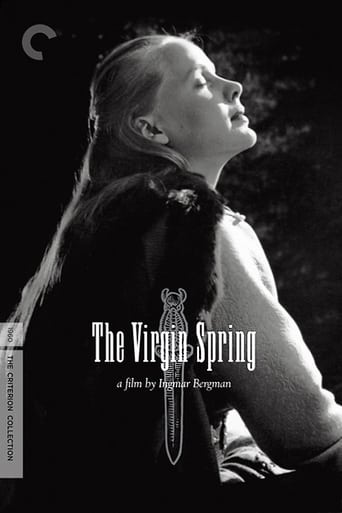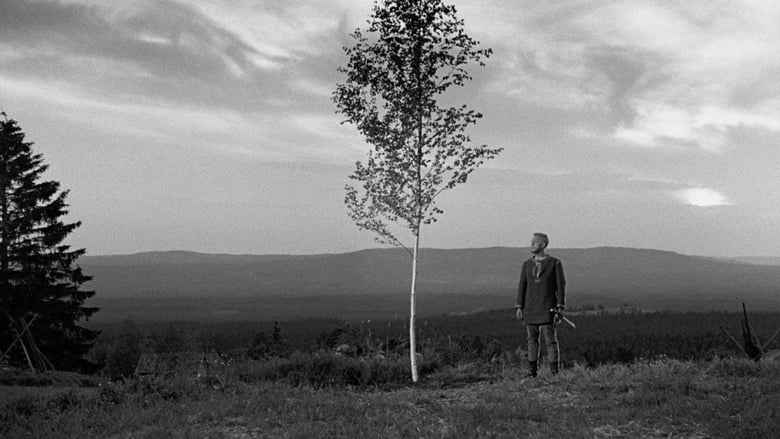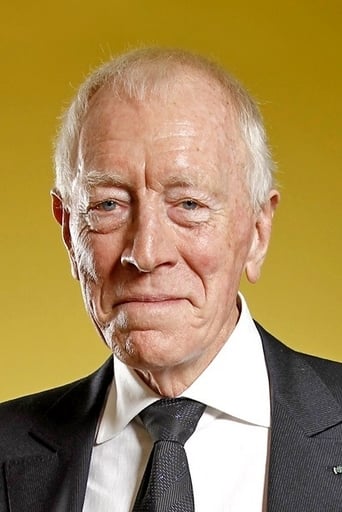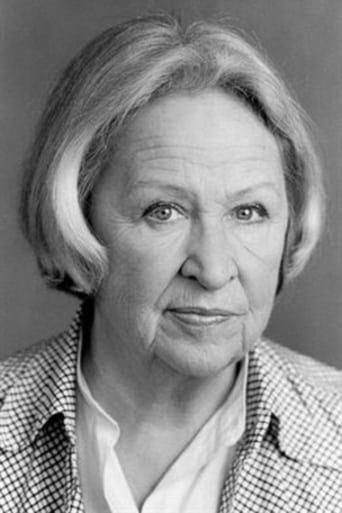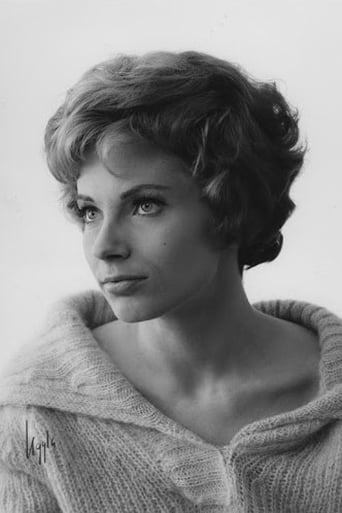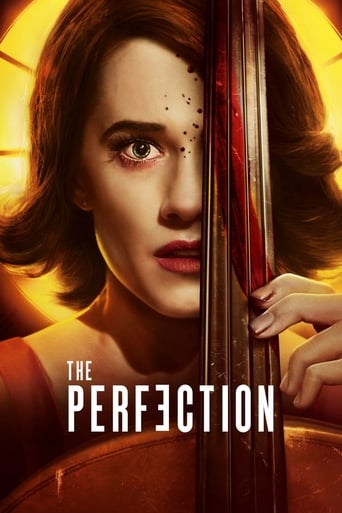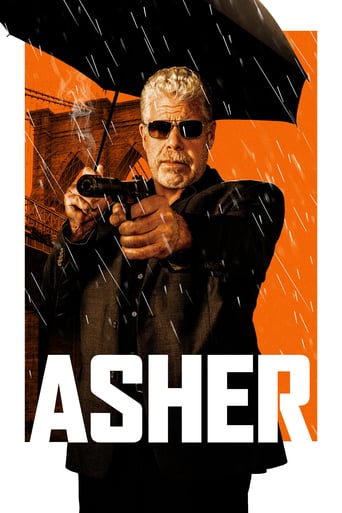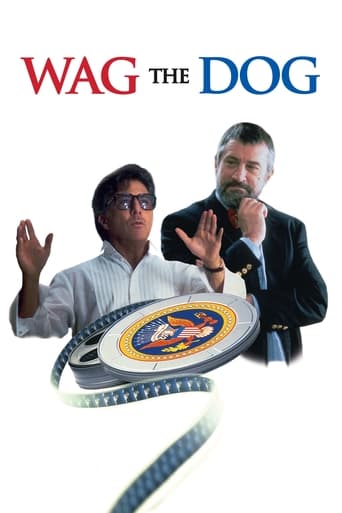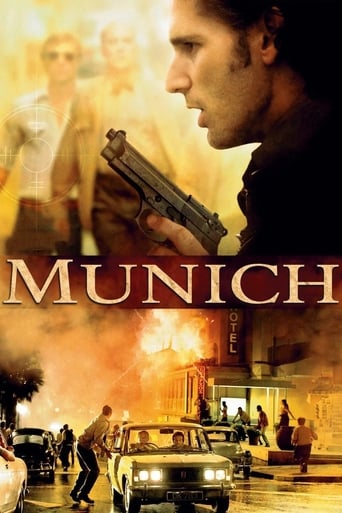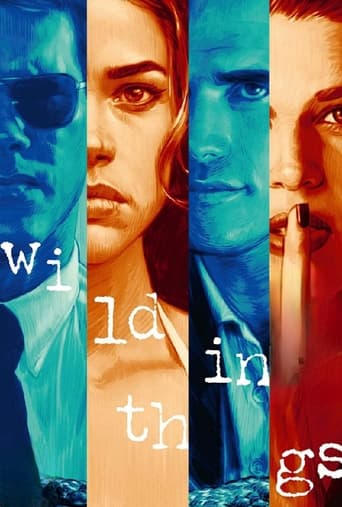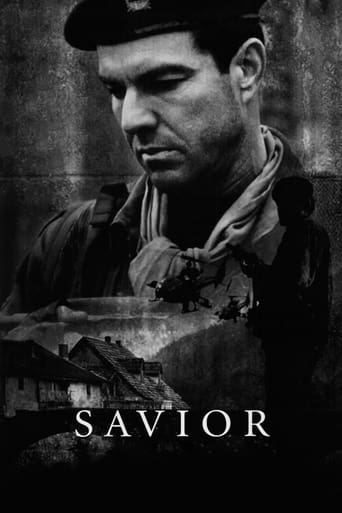The Virgin Spring (1960)
Devout Christians Töre and Märeta send their only daughter, the virginal Karin, and their foster daughter, the unrepentant Ingeri, to deliver candles to a distant church. On their way through the woods, the girls encounter a group of savage goat herders who brutally rape and murder Karin as Ingeri remains hidden. When the killers unwittingly seek refuge in the farmhouse of Töre and Märeta, Töre plots a fitting revenge.
Watch Trailer
Cast


Similar titles
Reviews
I like the storyline of this show,it attract me so much
Absolutely Brilliant!
A different way of telling a story
Ok... Let's be honest. It cannot be the best movie but is quite enjoyable. The movie has the potential to develop a great plot for future movies
THE VIRGIN SPRING is a drama, which questions moral and religious themes through events of rape and revenge.In medieval Sweden a rich grandees sends his daughter to take candles to the church. She is accompanied by her pregnant servant, who secretly worships a Norse deity. They travel through the forest on horseback. The servant is scared and begins to lag behind. She encounters a one-eyed man at an old mill. The one-eyed man tried to harass her. During that time, three herders lurk a beautiful daughter...Mr. Bergman has tried, in an explicit, rude and brutal way to equalize a criminal and a vigilante. Moral games have reflected through human power in certain moments, which is in contrast with the fear of God. Rape is very realistic and brutal in this film. This could cause the opposite effect on the audience. This, regardless of the "Bergman's artistic magic", was unexpected. An innocent teenage story turns into a nightmare. However, the religious motive is constant. Symbols of innocence were killed in a primal passion and an unbearable pain.A medieval scenery contributes to a visual impression. Expressions on the faces says a lot more than words. All characters are faced with some form of a guilt.Max von Sydow as Töre is a stubborn husband, caring father and fanatical avenger. Birgitta Valberg as Märeta is the mother, who is full of understanding and superstition at the same time. Birgitta Pettersson is a naive and innocent beauty. Gunnel Lindblom as Ingeri is a cursed maid. I will mention Ove Porath (Boy), who is perhaps a stronger symbol of innocence as opposed to beauty.All living protagonists have experienced a "strange" purification at the end of the film.
In my opinion one of the best Bergman movies. The characters are weird that is what makes them unique, "The Seventh Seal" of course is much better but I think there is no point in comparing these two masterpieces by the master. Bergman knew how to build controversial characters that can make one ponder and think, this movie is very unique because all of the characters make you think. One of the most implicit things which Bergman points to here is the Christian thinking that lead to death many a innocent victims. We should also not forget the fact that it is based on a Swedish ballad of 13th century. Hence, one should really work hard on the features of a movie that will contain characters who really make an impression. Bergman did his best here, and explained the story from his own perspective. For those who really want to watch this movie read the ballad first, it is really fascinating and very poetical. After reading the ballad the movie will open up to you as a book and you can understand it easily, however keep in mind the fact that Bergman did not try to communicate some secret messages via this movie, movie is pretty straightforward in its' essence. Thus, try to comprehend it as it is and don't apply any other motives or ideas to it other than those of Bergman.
I guess to many viewers today, Bergman can be difficult to approach as he lived in his own world and did not follow any accepted cliché - the budget is fairly limited, there's nothing flashy or bombastic, not even a background music, the focus is entirely on story, actors and their faces. Myself, I watch all of this with amazement and thrill, but to my greatest sorrow and disappointment, this enthusiasm is not shared amongst my friends who have accepted movies as entertainment. I still remember the first time that I encountered "The Seventh Seal" and what a mind-boggling experience that was, I wanted to stop VHS tape and write down the phrases coming from the movie. "Virgin spring" mesmerized me at first because of its scenery - medieval Sweden, simple farm with lord and his wife, house help and world where old pagan religion has still not completely replaced with Christianity. Than there is a story itself - faith, guilt, sin, crime, punishment - full of close-ups of people's faces, terrors and fears. Lots of time we don't need any dialogue, everything is clearly shown on the faces. Come to think of it, it does feel like a silent movie occasionally, which in my eyes is even bigger achievement, like theater director working on a silent movie actually. Unforgettable.Again, seeing something so truly original, powerful and artistic but apparently my enthusiasm is not shared amongst the people around me. I love my friends dearly, but something I do feel like alien, to realize our ways of thinking differs so much. It is very interesting - I was born and raised here, so what on earth made my perspective so different? I guess life experiences, travels (real and imaginative) did made some differences after all. Perhaps I just continued to grow in my own, particular direction, just like they did.
I saw the 'remake' 'Last house on the left' by Wes Craven before this one, and in spite of that one having some odd comedic scenes in it, I still think it has more punch than 'Jungfrukallän'. One problem is that this film feels a bit like a play and lacks a certain rawness that 'Last house...' does have, although this does not apply when finally Töre (the father) exacts his revenge. Another problem is the ending: the choice of divine intervention (the miraculous spring that appears when the body is moved) is just not a believable one, it seems Bergman was mistaking the directing chair for the pulpit. One other thing that doesn't sit right, is that the thugs choose to knowingly offer Karin's robe to her family... such is just beyond ány reason.On the positive side, Max von Sydow and Birgitta Pettersson present us with some fairly iconic characters, and Bergman's attention to detail (for the most part) is a joy to watch.With a heavy heart, I can't go higher than 5 out of 10.

